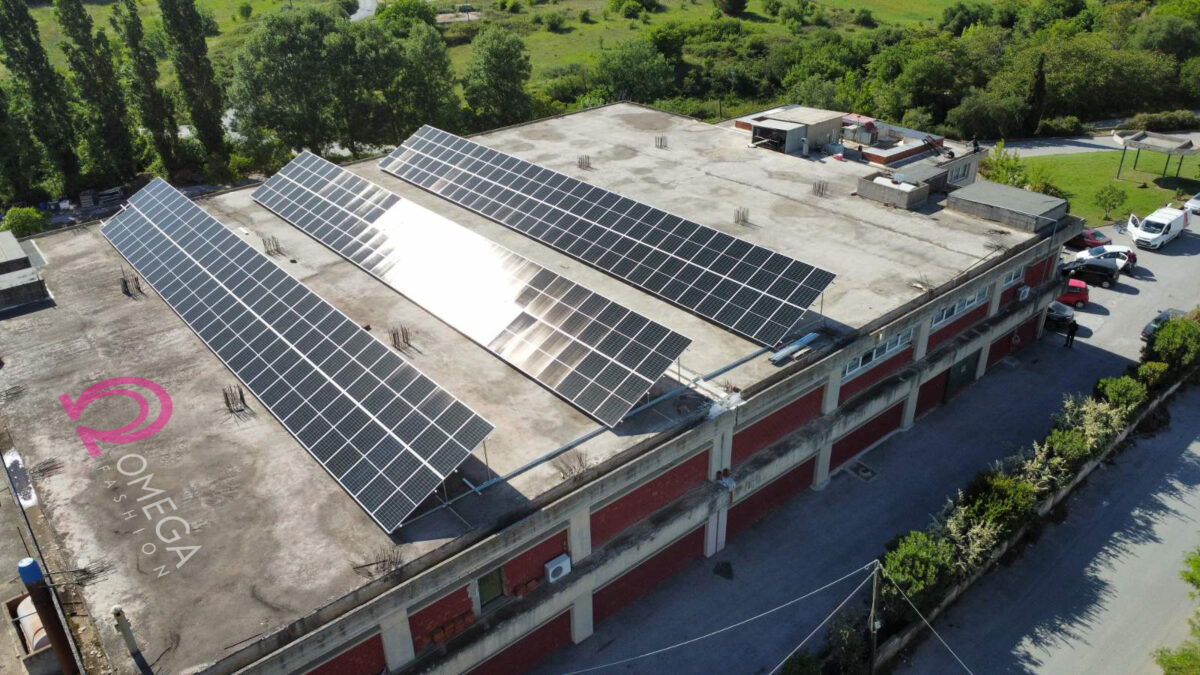Committed to Green Energy and ESG Excellence
At Omega Fashion, we believe that the future of fashion lies not only in style and innovation, but also in responsibility, transparency, and sustainability.
As a company deeply committed to ethical business practices, environmental stewardship, and social impact, we have placed our ESG strategy (Environmental – Social – Governance) at the core of our operations.
Through this strategic use of solar energy, we are able to:
Achieve
Achieve energy autonomy by covering a significant percentage of our electricity needs with solar power,
Reduce
Reduce our greenhouse gas emissions, helping to combat climate change and limit our production’s environmental footprint,
Lower
Lower operational costs in the long term, which reinforces the economic sustainability of our business model,
Example
Set an example within the fashion industry for how clean energy can be effectively integrated into modern production processes.

Clean Energy Initiative
Our clean energy initiative not only benefits the environment but also aligns with broader global goals, including the UN Sustainable Development Goals (SDGs), particularly those related to climate action and responsible consumption.

A Sustainable Future in Fashion
At OMEGA FASHION, sustainability isn’t just a trend — it’s a conscious choice, woven into everything we do.
We don’t use fossil fuels in our production. The Greek sun is all we need.
The energy powering our facilities comes entirely from photovoltaic panels we operate on-site.
Nothing goes to waste: we recycle all production leftovers — fabrics, materials, yarns.
And most importantly, a large part of our garments are made with organic or recycled yarns, turning every thread into a promise of respect for the planet.
Our ESG Strategy:
Transparency, Responsibility, and Long-Term Value
Framework
Our ESG strategy goes far beyond environmental practices. It is a comprehensive framework that shapes how Omega Fashion operates and grows:
Environmental
- Implementation of renewable energy systems (solar power),
- Ongoing efforts to reduce waste and promote recycling in production,
- Use of eco-friendly materials and processes wherever possible,
- Regular monitoring of energy efficiency and environmental impact metrics.
Social
- Commitment to fair labor practices and a safe, inclusive working environment,
- Support for local communities and social initiatives,
- Continuous investment in employee training, well-being, and professional development,
- Focus on supply chain responsibility, ensuring ethical sourcing and production partnerships.
Governance
- Adherence to strong ethical business principles and corporate transparency,
- Clear internal policies for risk management, compliance, and stakeholder engagement,
- Accountability frameworks that guide decision-making at all levels of the organization,
- Regular publication of sustainability and ESG performance reports.


